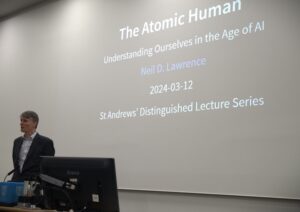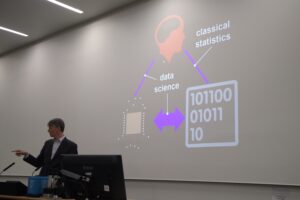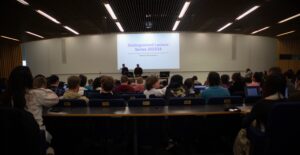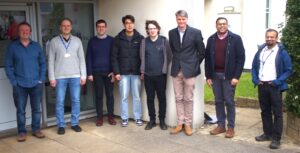The next PGR seminar is taking place this Friday 6th December at 2PM in JC 1.33a
Below is a title and Abstract for Mustafa and Maria’s talks – Please do come along if you are able.
Mustafa Abdelwahed:
Title: Behaviour Planning: A toolbox for diverse planning
Abstract:
Diverse planning approaches are utilised in real-world applications like risk management, automated streamed data analysis, and malware detection. These approaches aim to create diverse plans through a two-phase process. The first phase generates plans, while the second selects a subset of plans based on a diversity model. A diversity model is a function that quantifies the diversity of a given set of plans based on a provided distance function.
Unfortunately, existing diverse planning approaches do not account for those models when generating plans and struggle to explain why any two plans are different.
Existing diverse planning approaches do not account for those models when generating plans, hence struggle to explain why any two plans are different, and are limited to classical planning.
To address such limitations, we introduce Behaviour Planning, a novel toolbox that creates diverse plans based on customisable diversity models and can explain why two plans are different concerning such models.
Maria Andrei:
Title: Leveraging Immersive Technology to Enhance Climate Communication, Education & Action
Abstract: Climate change represents one of the most pressing challenges of our time, not only in its environmental impacts, but also as a pivotal science communication problem. Despite widespread scientific consensus on the causes and mitigation strategies for climate change, public understanding remains deeply fragmented and polarized. This disconnect hinders the collective action required from individuals, organizations, and policymakers to combat global warming effectively. My research explores the potential of immersive technologies to bridge the gap between scientific knowledge and public understanding by leveraging experiential learning experiences to inspire the attitudinal and behavioural shifts necessary to address climate change.






